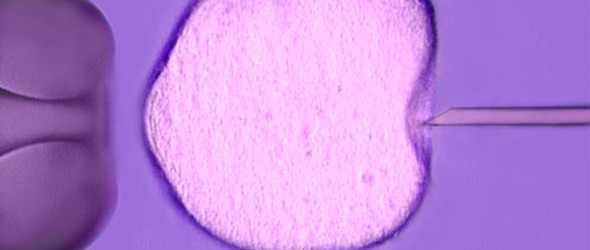I was thinking the other day about how we place a value on things. Consider a human being. There are various interesting thought experiments about the human body. In one intricate example,(which can be read here) ,we are asked to consider what the intrinsic value of a human body is. They suggest selling it for its constituent parts to other humans (bone marrow, heart, lungs etc.) could yield a dollar amount in the millions. Alternatively, if we go further and break it down into its constituent chemicals, some of which you will have heard of like iron and magnesium and perhaps others you have not, such as germanium and vanadium, they estimate an average human being on the open market would be worth approximately $160. This puts me in mind of the old riddle, ‘What contains enough potassium to fire a toy cannon, phosphorus to make 2,200 match heads, carbon to make 900 pencils, fat to make 7 bars of soap or 75 candles, iron to make a 7.5 cm nail, water to fill a ten-gallon tank, and enough sulphur to kill all the fleas on an average dog.’ You can guess the answer to that.
The point is of course that value ultimately lies in that which we place upon one another. We are mere physical matter (I’m excluding those who believe in a soul here), but we rise beyond these humble origins and ascend to the ethereal, as our wonderful brains create a notion of art that endures, love that transcends and legacy that gives us immortality. Why, you might ask am I in such a contemplative mood? Well, it was actually that I was thinking about the comments by Domenico Dolce and Stefano Gabbana in which they labelled those who come into the world as the result of IVF as ‘synthetic’ and ‘the children of chemicals’. It’s odd that simply removing the process of fertilisation from one place to another can create such animosity. I wonder if it just the act of conception they object to doctors tinkering with or does it extend to all acts of chemical and artificial interference in the realm of human experience?
